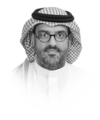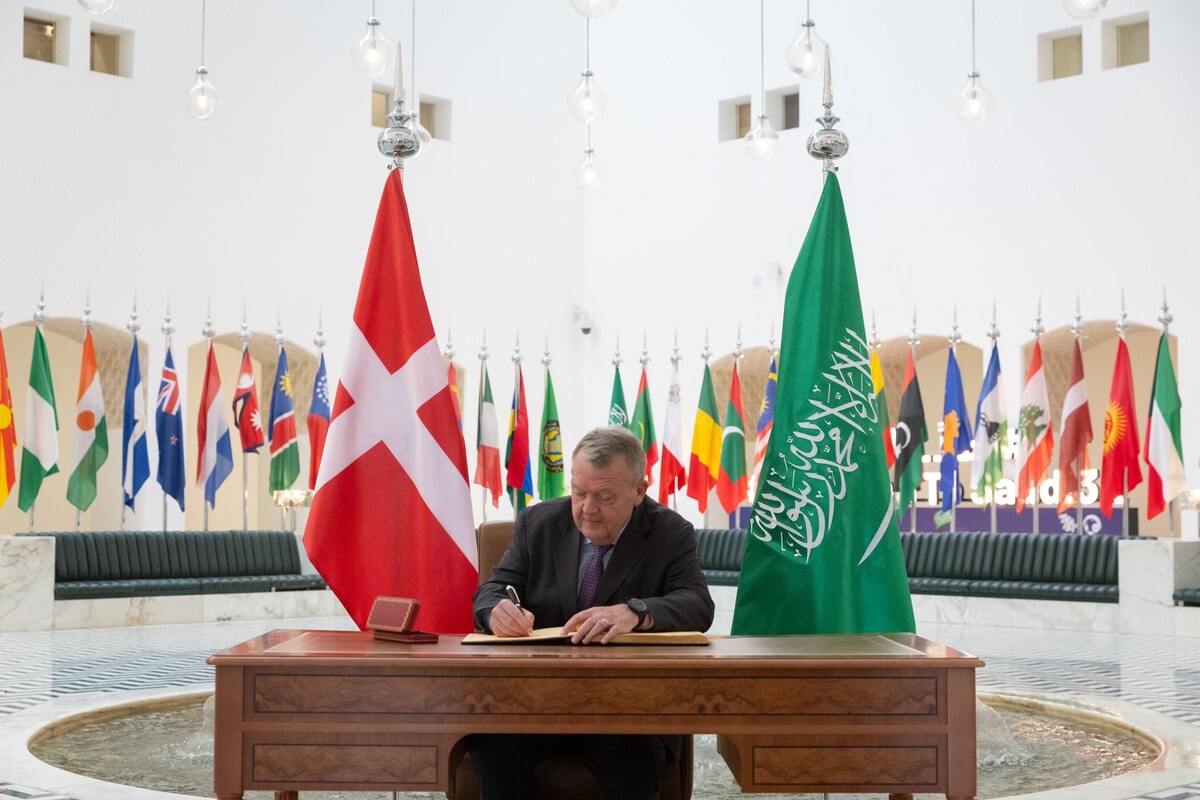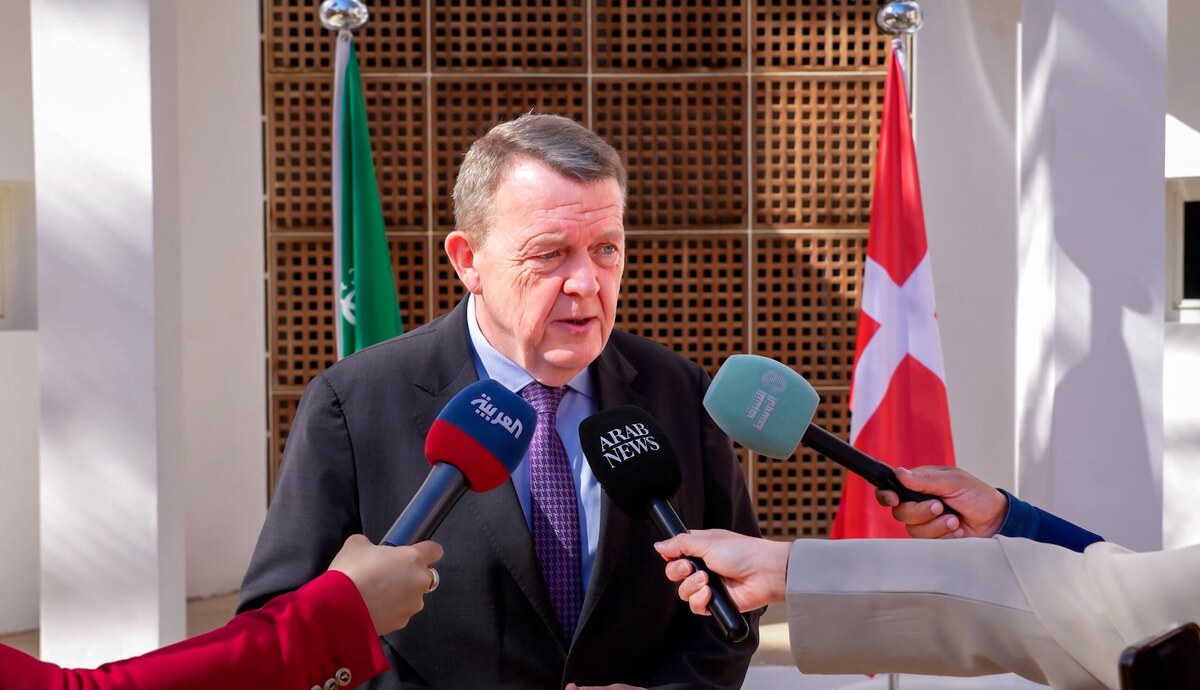Educating students for an AI-collaborative future

https://arab.news/8uyhv
Artificial intelligence is poised to revolutionize every corner of society, but when it comes to education, we seem to be focusing on the wrong end of the spectrum. As an educator and tech enthusiast, I have been closely following the buzz around AI in the classroom. Yet, there is a critical conversation we are not having: We are preparing students for a rapidly disappearing world, while neglecting the reality of an AI-augmented future.
When AI is discussed in the context of education, two themes usually dominate. The first is using AI to enhance teaching and learning — think personalized learning algorithms or AI tutors. The second is the push to teach students AI skills, such as coding and data analysis. These are undoubtedly important, but fail to capture the full scope of what’s coming.
What is missing — and what I believe will have the most significant impact — is preparing students for a future in which AI is not just a tool, but also a constant collaborator. We are not talking about a few tech-savvy professions but a world where AI will touch virtually every job in some capacity.
Now, before you start picturing a dystopian future where robots replace humans, let me be clear: I do not believe AI will make people obsolete. But I find it hard to imagine any profession that AI will not transform in some way. Whether it is automating repetitive tasks or providing sophisticated insights, AI will become as integral to work as computers are today.
So, what does this mean for education? We need to shift our focus. Instead of solely teaching students how to use AI or create it, we need to teach them how to thrive in a world where AI is a collaborator in virtually every field.
Consider the future accountant, who will not just be crunching numbers, but will need to interpret complex AI-generated financial models to provide strategic advice. Think of the future doctor, who will not simply diagnose illnesses, but will need to integrate AI-driven diagnostic data into holistic patient care. Imagine an architect working alongside AI to simulate multiple design variations in real time, or a teacher customizing lesson plans based on AI insights into student performance patterns.
Here is what I believe we should prioritize: uniquely human skills. First, critical thinking. In a world awash with AI-generated content and data, we need individuals who can evaluate information critically, question AI’s outputs, and make informed decisions. It is not enough to accept AI’s conclusions at face value; we need people who can challenge and improve on them.
Let’s prepare our students for a future where working with AI is as natural as working with a colleague.
Mohammed A. Al-Qarni
Creativity is another skill with which AI, despite all its computational power, still struggles. AI can assist in generating ideas, but it is human ingenuity that drives true innovation. We need to cultivate that creative spark, the ability to think outside the box, that makes humans irreplaceable.
Then there is emotional intelligence. As AI takes over more routine tasks, human interactions — our ability to empathize, communicate, and collaborate — will become even more essential. Machines may handle data, but humans handle relationships, and that is something AI cannot replicate, at least not yet.
But it is not just about soft skills. We also need to teach a new kind of tech-savviness — one that I like to call “AI interaction literacy.” Not everyone needs to be a coder, but everyone needs a basic understanding of how AI works, its capabilities, and its limitations. This literacy means understanding how AI makes decisions, why it sometimes fails, and how to leverage its strengths, while being mindful of its weaknesses.
And perhaps most importantly, we need to instill a sense of ethics. As AI systems become more deeply embedded in decision-making processes that affect our lives — whether it is determining creditworthiness, diagnosing diseases, or even influencing court rulings — we need professionals who can ensure these systems are fair, transparent, and aligned with human values. Left unchecked, AI can perpetuate biases, and the consequences can be profound. Our students must be prepared to navigate these complex moral and ethical waters.
This is not just theoretical. We are already seeing how this plays out in various professions. Accountants are increasingly relying on AI for analytics, but they still need to provide human judgment. Doctors are using AI to improve diagnostics, but they must maintain the patient’s trust and the human touch. Across every sector, the story is the same: AI enhances our capabilities, but humans remain indispensable for interpretation, empathy, and innovation.
The bottom line is this: AI is not just another tool or subject to teach. It is a fundamental shift in how we work and live, and our education system needs to reflect that reality. The skills we cultivate today will determine how successfully our students navigate tomorrow’s AI-driven world.
So, to educators, policymakers, and parents, let’s broaden our approach to AI in education. Yes, let’s use AI to enhance learning and teach technical AI skills. But, above all, let’s prepare our students for a future where working with AI is as natural as working with a colleague. Because in the future, success won’t belong to those who can outdo AI — it will belong to those who can work alongside it.
The future is collaborative, and it is time our education system caught up.
• Mohammed A. Al-Qarni is an academic and consultant on AI for business.





























